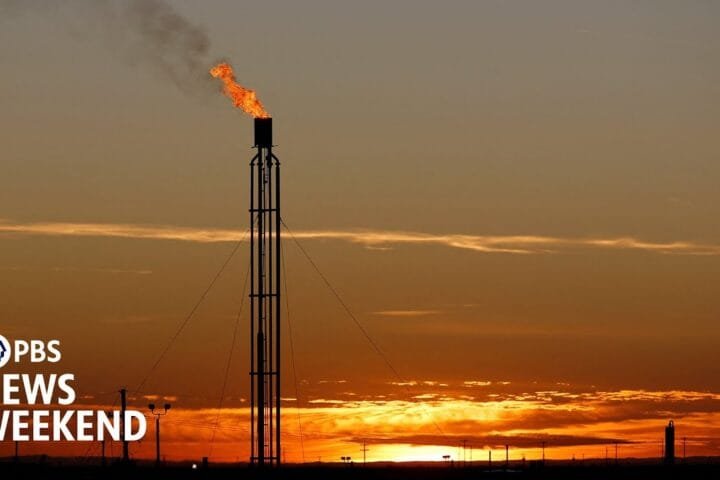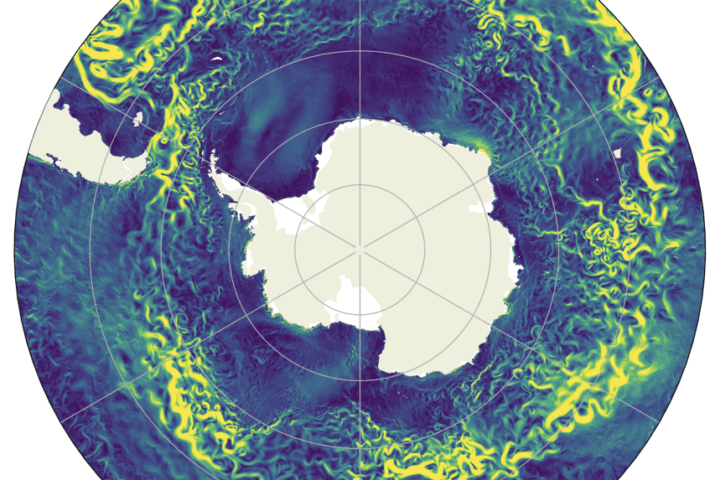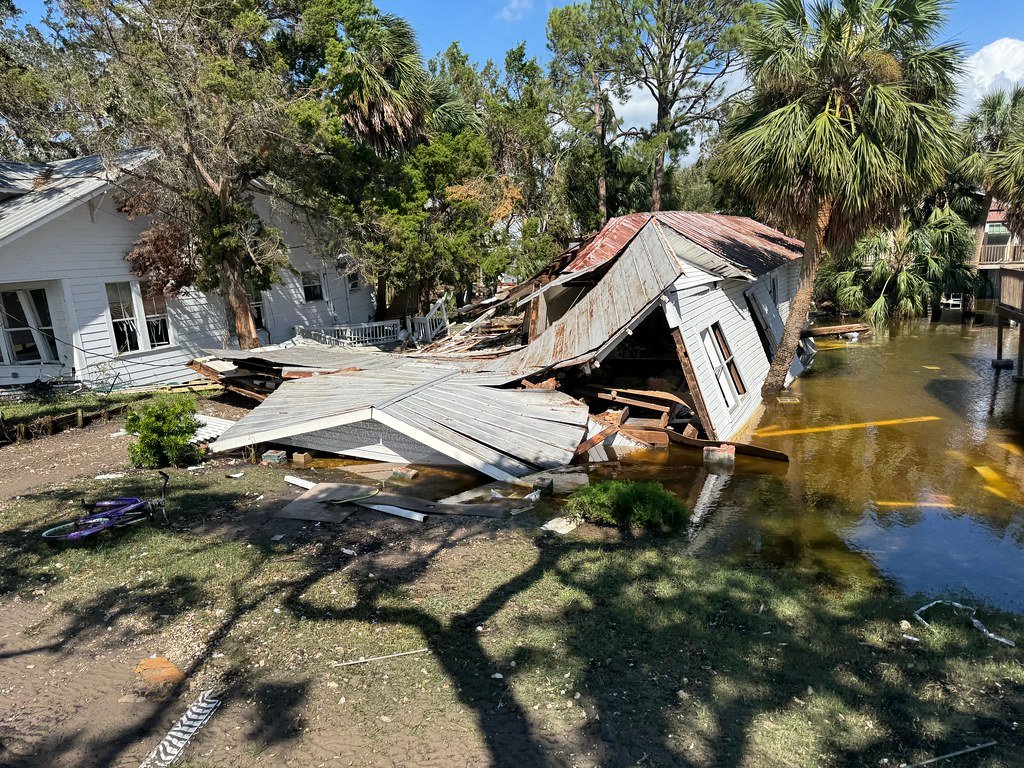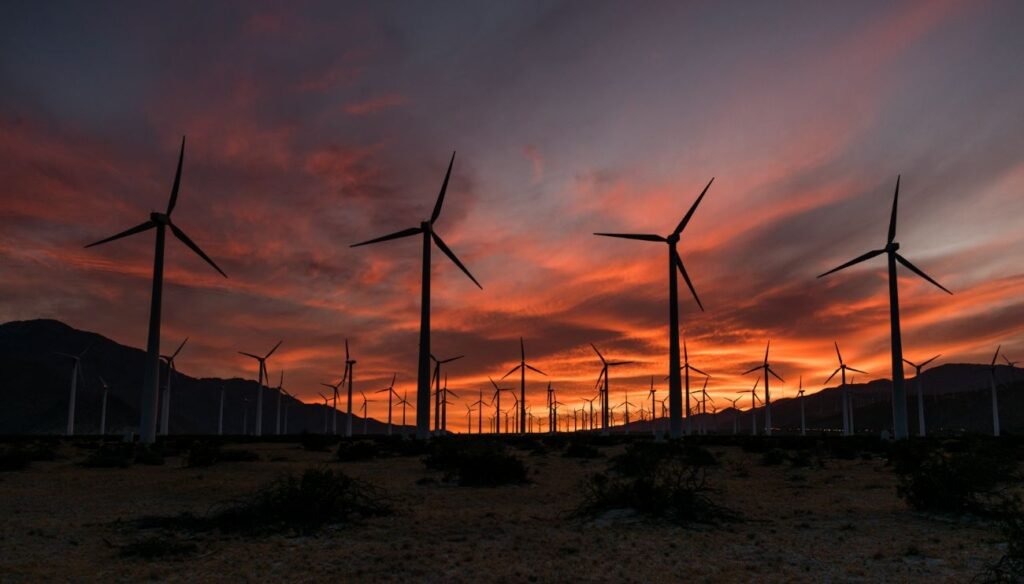Summary
David Spratt discusses the severe economic and social consequences of climate change, emphasizing that failing to transition away from fossil fuels will lead to widespread disruption and conflict. He highlights how climate impacts will strain state resources, disrupt social contracts, and increase the risk of political instability and conflict, particularly in vulnerable regions. The text warns that as warming approaches 2.5 to 3°C, significant crises will become prevalent, potentially resulting in state collapse and societal unrest.
Highlights -🌍
- Economic Disruption: Climate change will lead to significant economic instability.
- Social Compact Erosion: Failure to meet basic needs can result in political unrest.
- Resource Conflicts: Competition for dwindling resources may spark international tensions.
- Public Health Risks: Climate-related health issues will exacerbate economic challenges.
- Increased Military Spending: States will divert funds to defense and security due to climate crises.
- Migration Pressures: Displacement from climate impacts could lead to urban overcrowding and unrest.
- Warming Threshold Risks: Approaching 2.7°C could result in catastrophic conditions for humanity.
by David Spratt, first published at Pearls&Irritations
“I will not sacrifice Great British industry to the drum-banging, finger-wagging Net Zero extremists,” was the headline The Sun in London gave to a piece last week by Prime Minister Sir Keir Starmer, defending the expenditure of 22 billion pounds on the cargo cult of carbon capture and storage. This headline captured the delusion at the core of climate-policymaking around the world: that there is an economically non-disruptive path out of the climate emergency. There isn’t.
Either we close down the fossil fuel industry long before its physical infrastructure is exhausted, strand a whole lot of capital and engage in a non-incremental restructuring of work and the economy; or we will have a world of social breakdown, conflict and economic chaos. This was the picture painted by US analysts 17 years ago in a study titled The Age of Consequences, which warned of the damage at 2.6°C of warming, a target we will likely exceed on present indications:
“Massive nonlinear events in the global environment give rise to massive nonlinear societal events… nations around the world will be overwhelmed by the scale of change and pernicious challenges. The internal cohesion of nations will be under great stress both as a result of a dramatic rise in migration and changes in agricultural patterns and water availability. The flooding of coastal communities around the world has the potential to challenge regional and even national identities. Armed conflict between nations over resources is likely and nuclear war is possible.”
And the lead author of that report? Kurt Campbell, now the US Deputy Secretary of State.
Read the full post at Climate Code Red.





